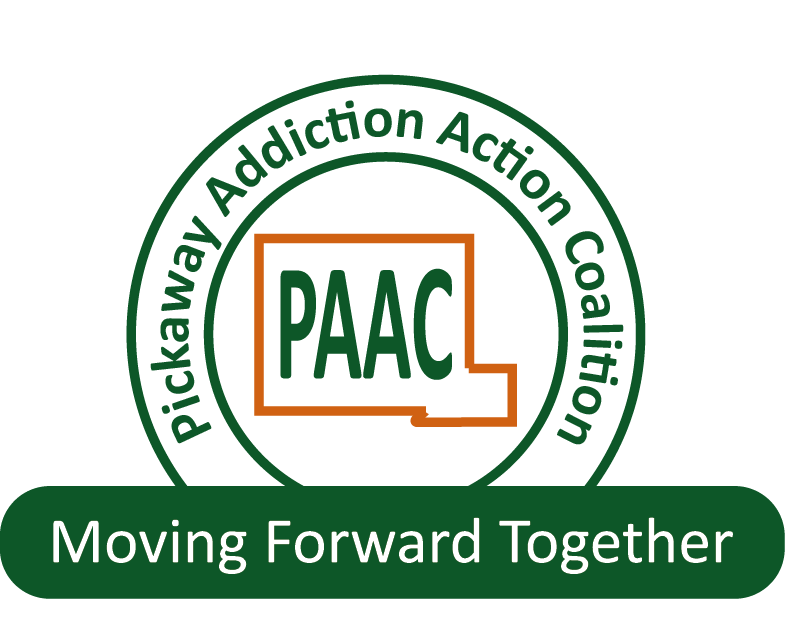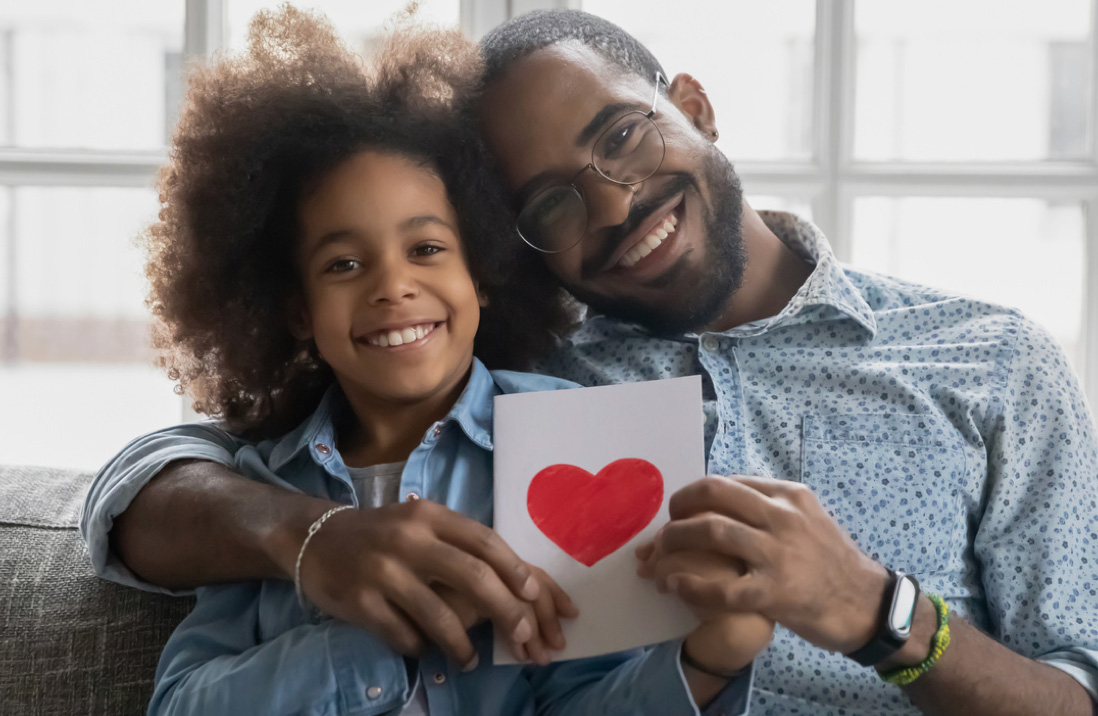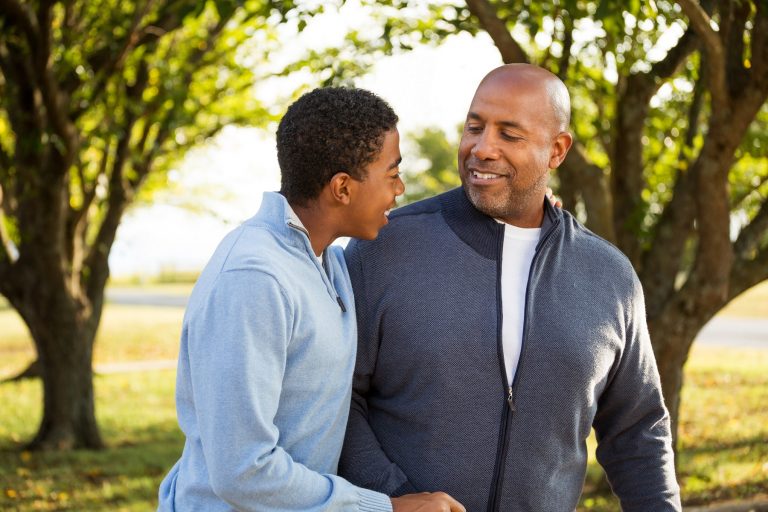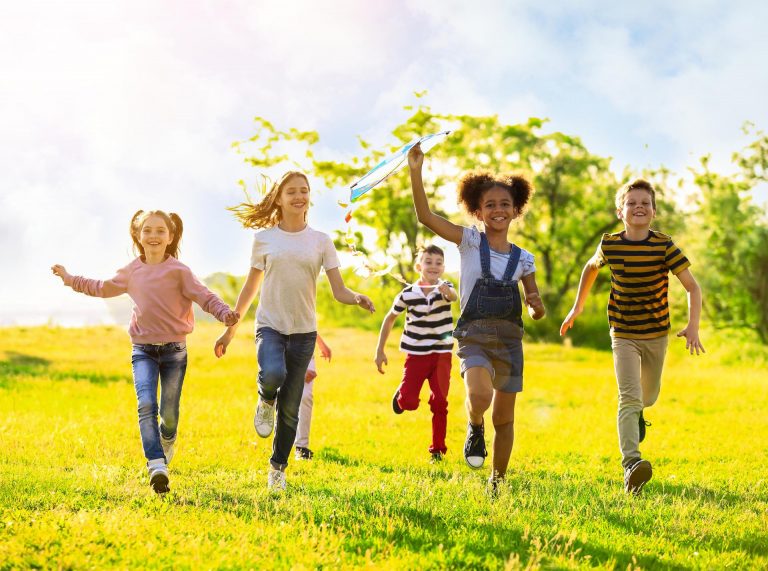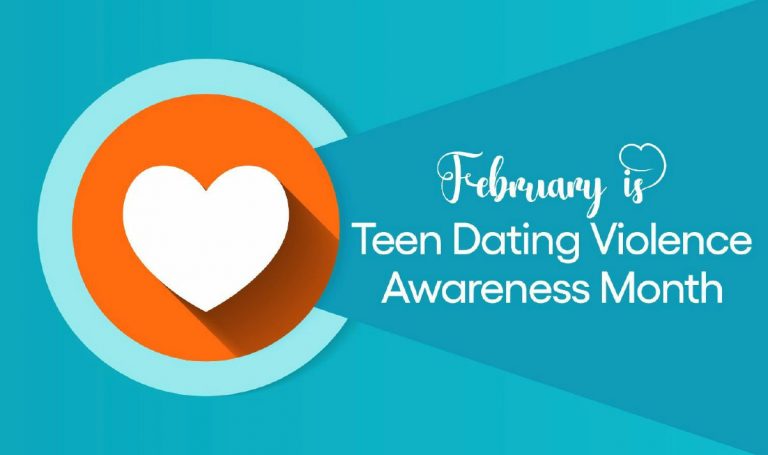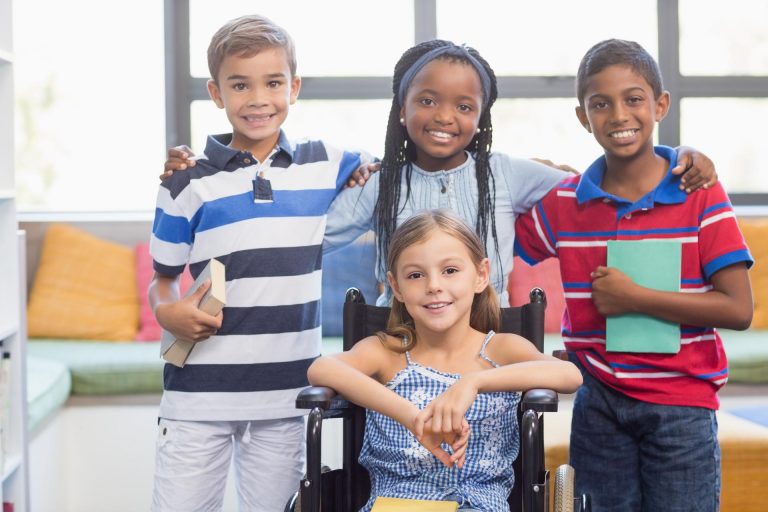Know! That Gratitude Matters
As we approach the end of the year and the start of the holiday season, we often reflect on what we are grateful for. Practicing gratitude is an essential skill for adults and young people alike. By showing and feeling appreciation for others, we can build and strengthen our relationships, develop empathy, and even increase our happiness. Gratitude is critical to fostering mental well-being and creating a sense of hope in young people’s lives.1
Consider using your role as a caring adult to promote gratitude in the lives of young people. Try out the following tips for cultivating a gratitude practice that works:
Model Gratitude
Young people learn by watching the adults in their lives. Your daily words and actions can go a long way in helping young people to practice gratitude. Show them what it means to be grateful by consistently saying thank you to a helpful neighbor or your cashier at the store. Make a point to express your gratitude openly – you might point out that you’re grateful for the sunshine that day or talk about writing a thank you note to a friend. Don’t forget to thank the young people in your life when they do helpful things to let them know they’re appreciated. These actions can open the doors for young people to recognize small things that make them thankful and practice expressing their own gratitude.1,2,3
Find Creative Ways to Say “Thank You”
Learning to say thank you is important in building a gratitude practice. While prompting young people to say “thank you” can feel forced, it’s helpful for young children to practice expressing their gratitude and noticing when others have done something nice for them. Remember that there are many ways to express gratitude, and young people may not feel comfortable with all of them.
Work with your young person to come up with creative ways of saying “thank you” that work for them. They might want to draw a picture instead of writing a note or give a thumbs up instead of verbally saying “thank you.” What’s important is that young people learn how to express their appreciation for others.1,2,3
Try a Family or Classroom Activity
Help young people show gratitude throughout the year by planning activities that emphasize showing appreciation for others. You might find local charitable events to get involved with, like a holiday toy drive or a charity run. You could organize your own activity, like preparing homemade baked goods to share with your mail carrier or writing thank you letters to first responders in your community. You could also create a bulletin board where everyone can share what they’re grateful for each day or make a gratitude routine by choosing a specific time each day to express gratitude. Find what works for you and the young people in your life, and prioritize gratitude.1,2,3
Give Young People Credit
Notice when the young people in your life express their gratitude, even if their way of showing their appreciation doesn’t fit your expectations. Acknowledge their efforts to appreciate others and practice gratitude. By tuning into how young people in your life indicate their thankfulness, you can show them that you appreciate their thoughtfulness and encourage them to continue to show their gratitude as they grow.2
Ask Questions
Talking about what it means to be thankful can help young people foster a deeper sense of gratitude beyond just saying “thank you.” According to the University of North Carolina, gratitude has four parts: noticing what you are grateful for, thinking about why you have been given those things, considering how those things make you feel, and doing something to express your appreciation. Take time to start a conversation with the young people in your life about what it means to experience gratitude.
You might ask some of the following questions:
- What do you have in your life to be grateful for?
- Can you think of a specific moment recently when you felt grateful?
- Have you ever thought about why someone might give you a gift or do something nice for you? What do you think motivates them?
- What does it feel like when someone does something nice for you?
- What about their actions makes you feel that way?
- Is there a way to show how you feel about receiving a gift?
- What do you think is the best way to show your appreciation?1,2
Resources
- How to Teach Gratitude & Activities for Kids | Children’s Bureau (all4kids.org)
- Practicing Gratitude as a Family | PBS KIDS for Parents
- How To Help Kids Develop Gratitude — Making Caring Common (harvard.edu)
- Fostering Gratitude Parent Tips | SPAW
